Diagnosis confirmed; EU is "falling apart"
Orbán started, Kaczynski picked up, others tried to copy them. European Union has a problem with demagogues in its own ranks, Deutsche Welle writes.
Monday, 27.12.2021.
10:58
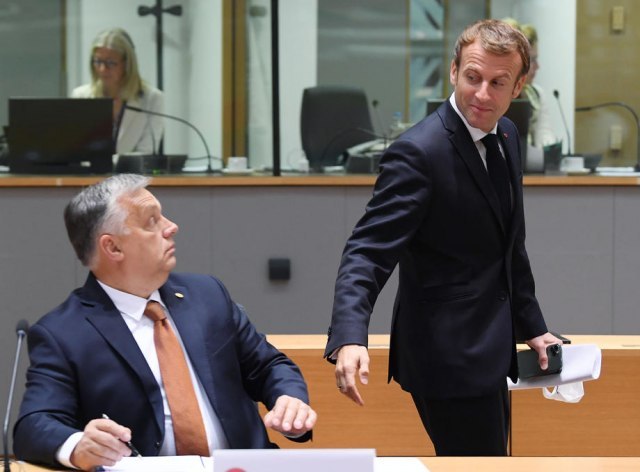
Diagnosis confirmed; EU is "falling apart"
What makes things even more complicated is the fact that both sides have great blackmailing potential.This summer, French President Emmanuel Macron stated that the EU's problems with certain Eastern European countries cannot be reduced to a dispute with Hungarian Prime Minister Viktor Orbán, but that the problem is much deeper.
Macron called it a fundamental East-West European schism.
That diagnosis seems to have been confirmed during the recent visit of the new German Chancellor Olaf Scholz to Warsaw. He was greeted by posters in which he and his predecessor Angela Merkel were lined up with Adolf Hitler and Nazi propaganda minister Josef Goebbels.
At the same time, Germany was accused of "lawlessness" because Poland allegedly does not want to pay war damages. These were open provocations.
How unique are the illiberal forces?
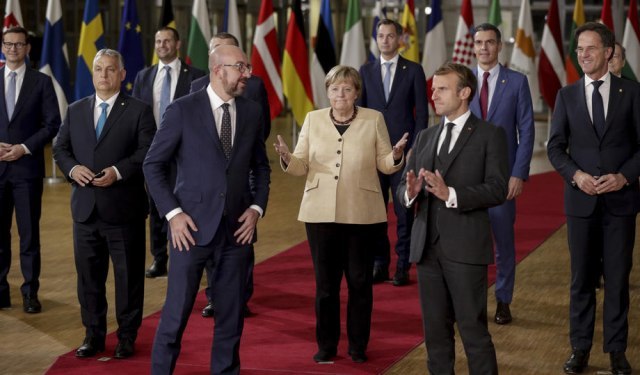
At the beginning of the Slovenian presidency of the most important body of the European Union, Jansa took care of the new scandal, because he rounded up Slovenian judges in the photos, which he considers "communist" and problematic.
After that, he behaved mostly inconspicuously. But Jansa was on Orbán's side in the dispute between Brussels and Budapest over a law that discriminates against homosexuals, as well as on the side of Warsaw in the dispute over Poland's disintegration of the rule of law.
"I think that the overall attitude of this alliance is anti-European. There are indications that they are establishing a kind of new Iron Curtain", says Marko Milosavljević, professor of media science at the University of Ljubljana.
However, Jansa's minority government is not sitting firmly in the saddle. Next spring, there are elections in which the opposition has a good chance.
The recent elections in Prague have also shown that populists can be replaced in elections. Andrej Babis has been removed as prime minister and the new majority consists of a broad pro-European coalition. In Bulgaria, the pro-European government came to power in the third attempt, and in Romania, the Social Democrats, who rule in a coalition with anti-European forces, failed to expand their base. The expert of the Carnegie Endowment for Europe, Stefan Lene, therefore believes that the EU crisis is mainly reduced to Poland and Hungary, and "is not characteristic of the entire region."
He therefore does not say that we can talk about the deterioration of relations between the East and the West of the European Union. He adds that reconstruction funds could play a positive role against deepening divisions.
Hungary as a leader
When the President of the United States, Joseph Biden, held a "democracy summit" in mid-December, Hungarian representatives were not invited. Thus, Budapest was classified as "apostate regimes".The Hungarian opposition used it to attack Viktor Orbán. Opposition leader Peter Marki-Zai said that "the international community treats Orbán like a virus". He added that Orbán worked on it for a long time, developing relations with China, Russia and Azerbaijan. Orbán openly advocates "illiberal democracy", which includes a constant cultural struggle against the values that prevail in the EU.
"We have replaced the liberal democracy that is experiencing shipwreck with the Christian democracy of the 21st century, and it has tradition and security as its goals," Orbán explained.
The strategic mistake of the German Christian Democrats is that for years they enabled Orbán to build an authoritarian system under the auspices of the European People's Party, the strongest parliamentary group in the European Parliament. Behind their backs, Orbán turned Hungary into a "kidnapped state", destroying media freedom and the independence of the judiciary, institutional security and the freedom of civil society.
The unstoppable flood of state propaganda should ensure the indoctrination of the population and justify that way of governing. Populists from all over the world, Marine Le Pen from France and Michael Pence from the USA are happy to come to Budapest.
Is Poland threatening to leave the EU?
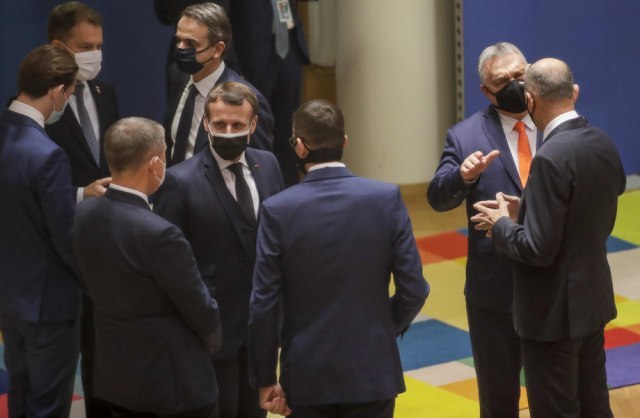
The ruling Polish party Law and Justice has been copying the Hungarian model since gaining power in 2015. Media freedoms are being suppressed, an independent judiciary is being undermined, the fight against the rights of homosexuals and the right to abortion is being waged, with emphasized nationalism.
But a major conflict with Brussels erupted in October when Poland's Constitutional Court ruled that Polish laws were above European Union law. Thus, Warsaw indirectly raised the issue of Poland's remaining in the European Union. Jaroslav Kaczynski immediately denied it, and pro-European demonstrations in Poland showed that the public has not yet been "brought to the line" as the ruling party would like. The European Court, meanwhile, has ruled against the way Polish constitutional judges are elected and changes to the judiciary. This highest court in the EU, based in Luxembourg, fined Poland one million euros a day, because the Polish government does not want to withdraw the introduced rules.
Financial pressure may help
"It is illusory to believe that democracy and the rule of law can be imposed from Brussels," said Stefan Lene, adding that this is only possible in democratic elections. He says that there is hope because in both Poland and Hungary, the capitals are in the hands of the opposition in the meantime. There is a convincing opposition candidate Marki-Zai in Hungary, with a solid chance of defeating Orbán.Lene advocates that European legal sanctions grow into financial ones. "The biggest trump card is access to the Fund for Economic Recovery from the consequences of the pandemic," he says, adding that money will not flow from Brussels to Warsaw from the middle of next year, because hardliners from the Warsaw Ministry of Justice are blocking any compromise.
And in Hungary, Orbán does not want to change anything before the elections. Despite some optimism about the effects of financial pressure, this political scientist also sees a "significant danger" of escalating the dispute. According to him, Poland could introduce countermeasures to block other accepted European laws and regulations, for example in the field of climate change, and then "the EU would have a big problem".
According to Stefan Lene, we are currently in an "interesting phase between the escalation and certain compromises, which could lead to the whole thing calming down." The blackmailing potential on both sides seems to be significant.















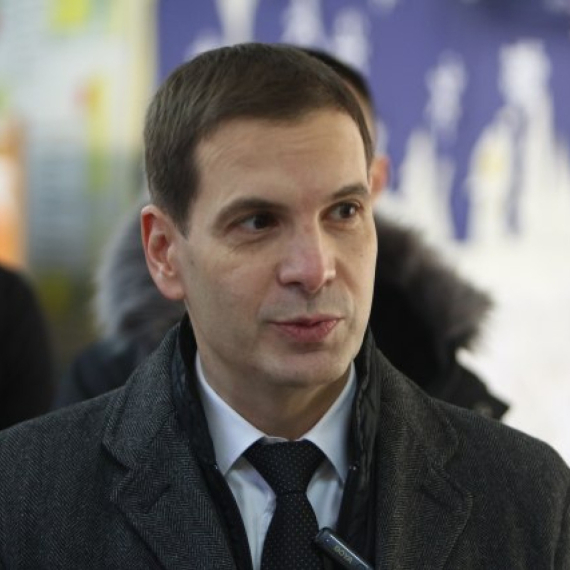
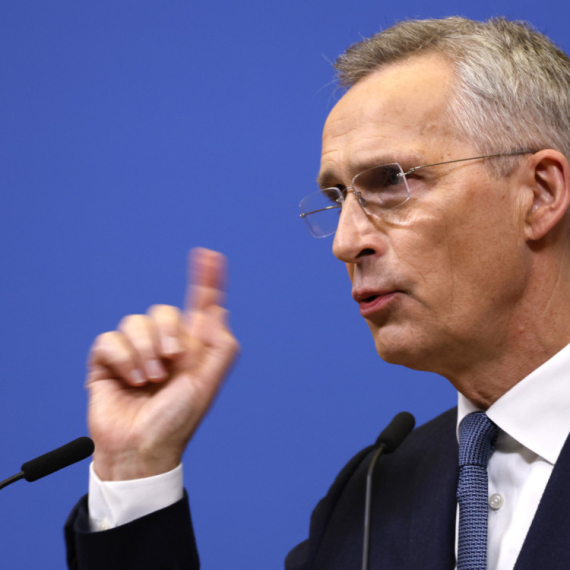
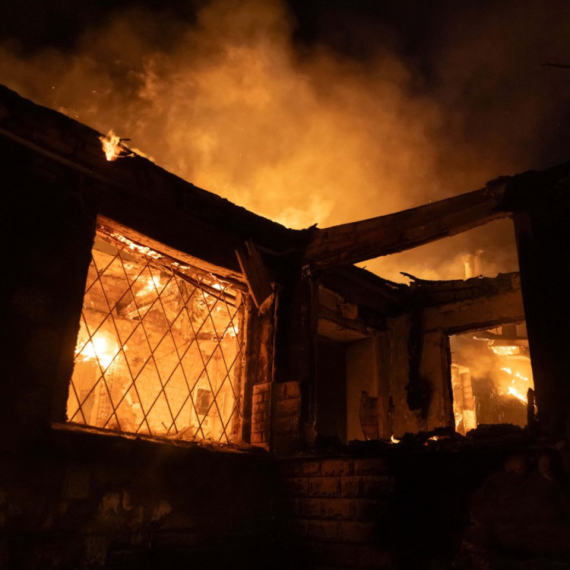









































Komentari 11
Pogledaj komentare